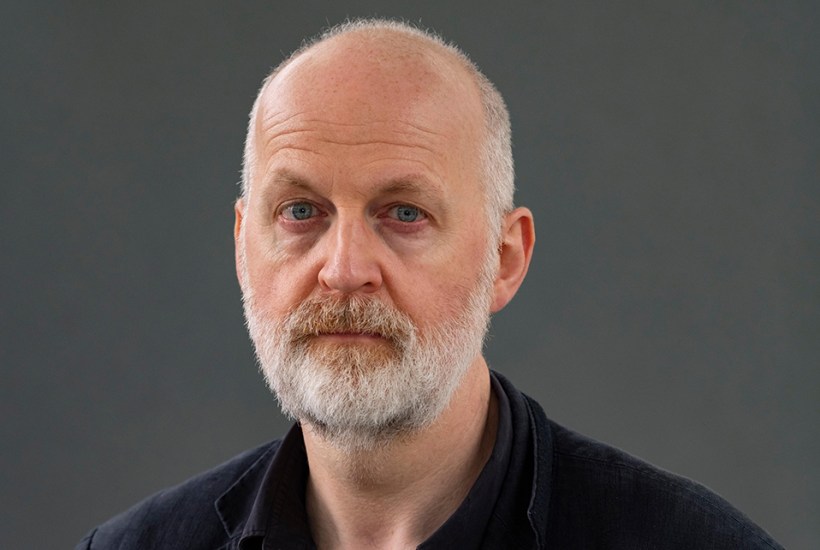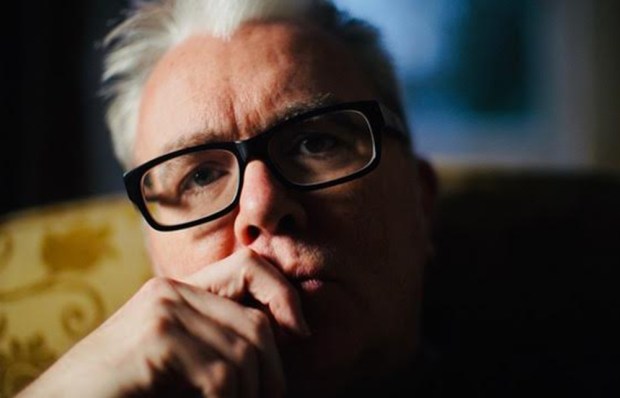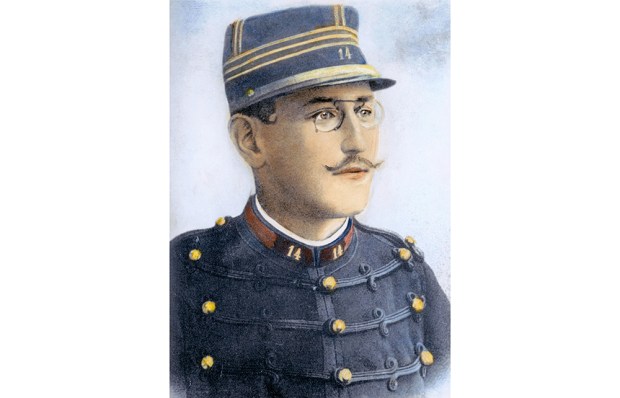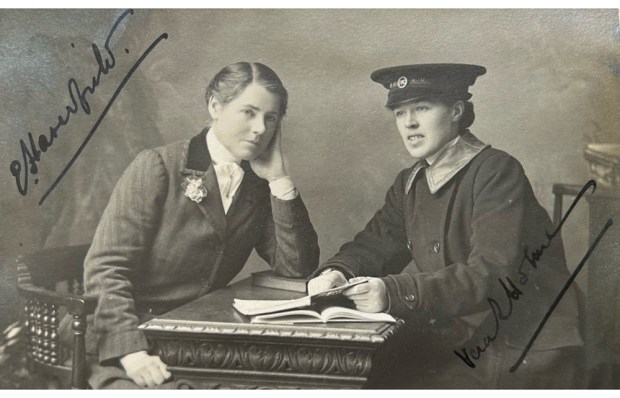Memoirs by poets – the Top Ten? It’s an admittedly niche category, and since no one would ask this in normal conversation, or even in a pub quiz, here is the chart. It is based not on official sales or downloads but rather on my own tastes, prejudices and relatively recent reading: Last Night’s Fun, Ciaran Carson; It Goes With the Territory, Elaine Feinstein; A Fly in the Soup, Charles Simic; The U.S.A. School of Writing, Elizabeth Bishop; Efforts of Affection, Elizabeth Bishop; Tesserae, Denise Levertov; The Woman Who Thought Too Much, Joanne Limburg; The Photographer at Sixteen, George Szirtes; The Astonished Man, Blaise Cendrars; and straight to the top spot this week, Toy Fights, by Don Paterson, former poetry editor at Cape, a professor at the University of St Andrews, a musician, anthologist and, it turns out, much more besides.
It is a great memoir by a poet, partly because Paterson has little or nothing to say about poetry. In fairness, he’s already written more than enough on the stuff. His book about his fellow poet Michael Donaghy, Smith, published in 2014, is the sort you wish every poet would and could write about another poet. The Poem: Lyric, Sign, Metre, published in 2018, is essential reading for aspiring technicians. And last year’s collection, The Arctic, was as outstanding as any volume of poetry he’s published since his debut, Nil Nil in 1993. ‘Since I make little mention of poetry in this tale,’ Paterson writes in his preface, ‘which ends before I started writing the stuff, let me mention it now and then park it.’
With the poetry duly parked, there is, thankfully, plenty of mileage remaining. So we have Paterson’s childhood, growing up as a ‘schemie’ on a housing estate in Scotland in the 1970s; his ill-fated spell working as an editor on comics at DC Thomson; his nervous breakdown; and his early career as a professional musician – he’s a composer and jazz guitarist. According to his own, pretty accurate, summary, this is a book about
schizophrenia, hell, money, narcissists, debt and the working class, anger, swearing, drugs, books, football, love, origami, the peculiar insanity of Dundee, sugar, religious mania, the sexual excesses of the Scottish club band scene, and, more generally, the lengths we go to not to be bored.
There’s certainly no time to get bored. The pace is absolutely frantic. If at times things do get rather messy and disorganised, the tone is nonetheless consistently sweet and Paterson charmingly self-deprecating, while at the same time so clearly furious about everything that you just can’t put it down. Even skiffle gets a swift Paterson pasting:
Skiffle resembled a kind of St Vitus’s Wank, a clearly unsustainable blizzard of strumming garbled patter, madly thumbed tea-chess basses, washboards attacked like untreatable eczema.
Scottish football: ‘A godawful waste of time.’ Eric Clapton’s fears that he’ll never play again after receiving the Covid-19 vaccine: ‘That the world might have suffered the permanent loss of those eight stolen Buddy Guy licks is almost too much to bear.’ And the act of writing a memoir itself:
There’s a wee anecdote. Are we done? Even writing this up, I’ve had to crawl back inside the soul-compacting black hole that survives in lieu of an actual memory.
In stark contrast to the constantly roiling rage, Paterson writes with great affection about his parents: his father, a phenomenally hard-working amateur musician and a colourist at DC Thomson (‘for decades there was barely a child in the UK unacquainted with my father’s anonymous handiwork’); and his mother, with her middle-class aspirations and disastrous HP habit. His account of his father’s dementia is all the more tear-jerking for being entirely unsentimental: ‘His last coherent sentence was: “Alexa, play Lyle Lovett.”’
When not blowing super-hot or going ever so slightly soft, a lot of the book is about Paterson’s rather unorthodox musical education and learning from the example of his father:
I once imitated his playing during a gig, and took a jokey solo in his style, using all his stock licks and boom-ching rhythms. I fluffed it. He was magnanimous: ‘Son, don’t take the piss until you can do it at least as well.’
After a number of false starts this early musical precocity leads him towards playing on the Scottish show band circuit, before setting off for London to seek his fame and fortune.
But above and beyond all the stories and anecdotes, the book clearly has another purpose – unstated at the beginning, but becoming clearer throughout – which is to identify and confront the long list of narcissists and bullies who seem to have dogged Paterson’s life, including his uncle, various religious maniacs and scheming and untrustworthy romantic partners. Writing about narcissism, he is insistent and deadly serious:
One final reflection: as soon as you identify a narc – if you have the resources, if you possibly can – try to let them know you are unafraid of them. Their dead-eyed overconfidence can be quickly distinguished from mere adult self-possession, because its intention and effect is to make you feel all their fear for them.
Frank and fearless, Toy Fights therefore charts not only as a great poet’s memoir but also, unexpectedly, in that nichest of all niches, as a selflessly helpful book of self-help.
Got something to add? Join the discussion and comment below.
Get 10 issues for just $10
Subscribe to The Spectator Australia today for the next 10 magazine issues, plus full online access, for just $10.
You might disagree with half of it, but you’ll enjoy reading all of it. Try your first month for free, then just $2 a week for the remainder of your first year.














Comments
Don't miss out
Join the conversation with other Spectator Australia readers. Subscribe to leave a comment.
SUBSCRIBEAlready a subscriber? Log in